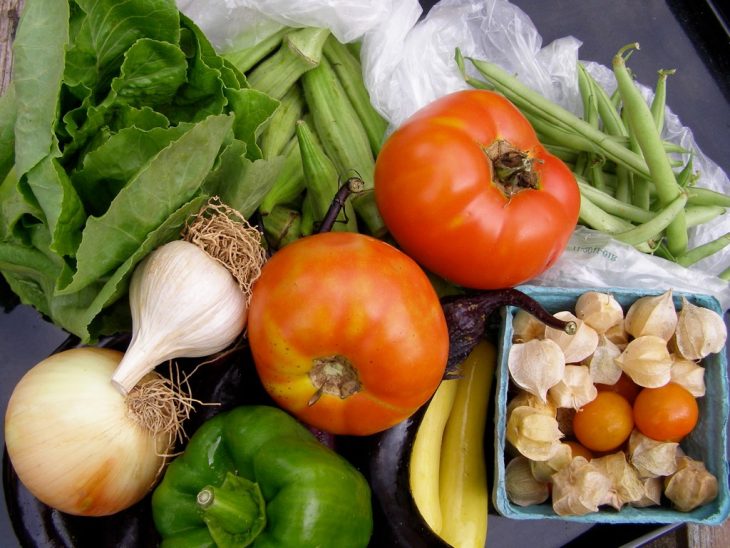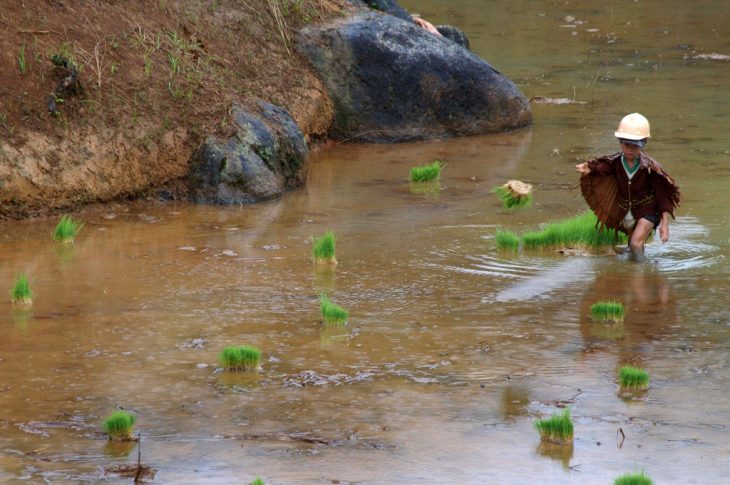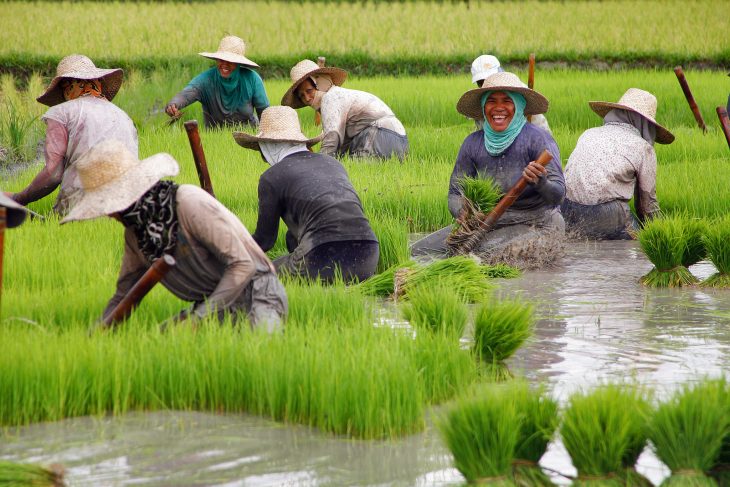A writer and lyricist with dreams taller than herself.

I tried farming a couple of times and let me tell you: it is an incomparable experience that taught me some things not even the greatest professor in the world can teach me.
I have planted and harvested rice multiple times at an agri-tourism farm in Maragondon, Cavite. Yes, my shirt was practically drenched in sweat within the first 30 minutes under the sun. Yes, I practically took a mud bath while planting and got some scratches here and there during harvest. And yes, I could feel all the hard labor in my bones and muscles for the next few days after.
It sounds tedious and unglamorous, but I would definitely do it all over again in a heartbeat. And I recommend that every Filipino should experience farming at least once in their life as well.
You Learn to Appreciate the Food Served on the Table

Filipino parents have a way of making children eat. Some take the guilt-tripping approach and remind the young ones about the street children who must dig around mounds of trash just to find a little bit of something to fill their stomachs. Some tell children who refuse to eat to look for somebody else to feed them instead.
With my farming experience, however, I have come to realize that we don’t need to force children into eating if we educate them well enough about where their food comes from.
Planting and harvesting rice exposes kids to the challenges that farmers face on a daily basis so that they can have food on the table. As a result, they will learn to appreciate the hours of hard work and labor that farmers spend under the sun just to provide food for the community.
This also applies to adults. Once we realize what farmers go through every day for the food we eat in minutes, we will have a better appreciation for and, hopefully, finish every single grain of rice on our plates.
You Learn How to Work Together with the Community

Admittedly, I couldn’t care less about the concept of bayanihan until I first experienced farming (and when I joined ROTC, but that’s another story to tell). It wasn’t until I worked alongside actual farmers that I realized that the Filipino custom is more than about being polite and extending a hand to people in need.
The bayanihan culture, as I discovered from the farmers who taught me how to plant and harvest rice, is a sense of communal unity and cooperation that effectively eases whatever burden you may have. It makes you forget about the glaring sun, the aching muscles, and the sweat dripping down your spine simply because you have someone to share the burden and laugh it off with.
In short, farming taught me how to work closely with a community. Farming made me realize why Filipinos remain so positive despite all the negativities, from natural disasters to political issues, thrown our way: we understand that we are in it together and we stand by each other through it.
Visit a Farm Today
I can’t tell you the definitive reasons for Filipinos to experience farming at least once because these are personal realizations that vary from one person to another. What I shared with you, however, is a glimpse of the universal lessons of farming. So, turn back to our agricultural roots and have a better understanding of what it means to be a Modern Filipina.

